2006 / Ramin Bahrani > With a mood similar to a Hou Hsiao-Hsien film, Bahrani almost pulled off a coup of sorts here: He nails the loneliness, the colors, the feel of the city, but ultimately fails to stay true to its nature. Man Push Cart, ironically, should be called Man Pull Cart as we rarely see our protagonist push it, but that’s excusable. What’s not are the pretty girl at the newsstand and the absolutely preposterous climactic sequence. It’s a joke to someone familiar with the churns of the city, and complicates the film even if put in a metaphorical context. The potential here was enormous, but the film ended up getting carried away in its own little world with absolute disregard to the viewer.
Category Archives: 3.0

Shortbus
2006 / John Cameron Mitchell > Calling it experimental would be a bit of an insult: Without its explicit sex scenes, Shortbus is less novel and considerably more of the old. It’s about relationships, sex and the proper mixes that lead to comfort, themes that have persisted and evolved throughout the history of film. And Mitchell’s sense of evolution by incorporating what most of us are all familiar with in vivid detail is meant to have given us a better grasp of the lessons within.
Admittedly, though, the atmosphere here is a little quirky, and the characters in Shortbus and the eponymous gathering place are often hard to relate to. It’s easy to like the film on the surface level: It’s playful, honest and seems to treat sex in an essential but non-exploitative manner. But ultimately, I found it tough to replay the rhymes and reasons of the players without questions, without wondering the simple craziness of sequence after sequence. I imagine this is a great film for many, and in fact I’ve been surprised by the multitude of those who have enjoyed it. But it’s definitely not for everyone, especially those who may have trouble digesting some of the over-the-top scenes.
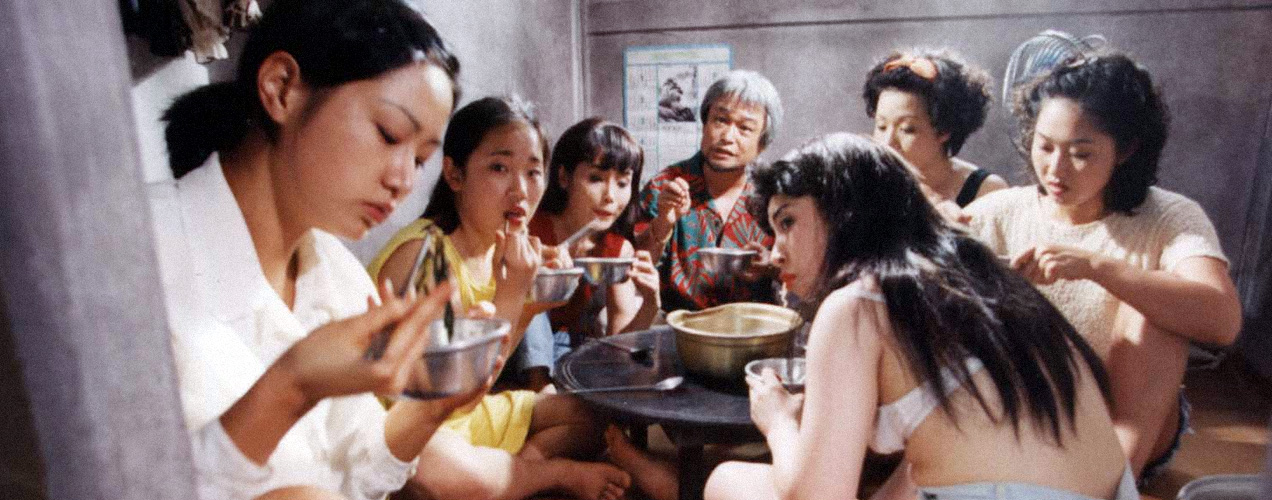
Downfall
1997 / Im Kwon-taek > This is not exactly the introduction I expected to Korea’s most prolific director, but I imagine it can only get better. Downfall (or Chang) holds an impressive showing by My Wife is a Gangster’s Shin Eun-kyung as a naive girl thrown into the world of prostitution at a young age. Piece by piece, we are shown the transformation of a society, an industry as well as a woman over time. Unlike typical films on the subject, Im utilizes his central character as a way to study Korean history, from the days of Park Chung-hee’s presidency to the Olympic Games in Seoul. However, Shin’s character’s journey slowly starts to feel too methodical, and we soon stop empathizing. Together with the fact that it’s hard to guess if this is meant to be a social commentary or simply a bystander’s view, the film fails to achieve the level of pathos needed to compliment its components.

Little Children
2006 / Todd Field > The follow-up to In the Bedroom, Little Children comes off as a mixture between Desperate Housewives (voiceover included) and Crash. There is excess in its tactics, although technically, Field keeps total and absolute control of his world. The film shifts between its central storyline and a side one, and while that can be attributed to the source material, it’s nonetheless inexcusable as it distracts from the chemistry between Kate Winslet and Patrick Wilson. Their story is a tragedy, and it’s beautiful in its process. But those around them remain miniatures of the real thing, exerting one-sided characterizations and little in terms of evolution. Unlike In the Bedroom, where the line between right and wrong was blurred, Little Children positions its characters’ actions in such a judgmental manner that its hard to swallow every bit by the end.
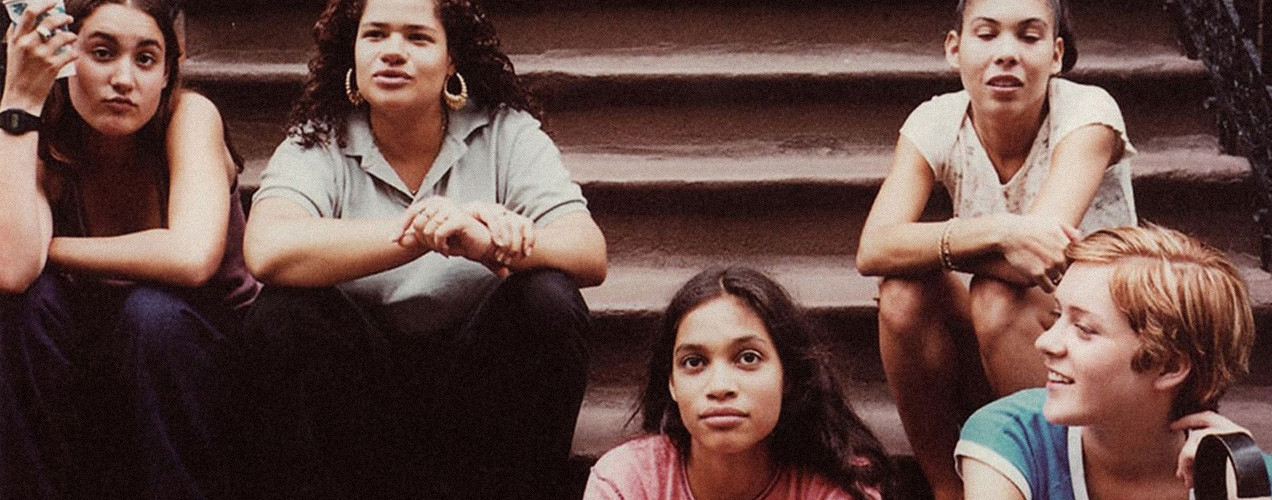
Kids
1995 / Larry Clark > Not nearly as controversial and horrific as its reputation would have one believe, Kids is surprisingly credible and straightforward about its subject matter. The so-called exploitation of teenagers in the film is unfounded, and instead Clark’s portrayal is dauntingly honest, if slightly sensationalist. The cast is perfect, natural. Chloe Sevigny shows off skillset opposite of the tragic Justin Pierce and newly resurgent Leo Fitzpatrick. Moreover, it’s amazing to think that was actually Rosario Dawson. It’s definitely a film that gels in the subconscious after time expires, but has the unfortunate effect of making one feel a little guilty, even ill, that there is so much truth present.

Babel
2006 / Alejandro Gonzalez Inarritu > Babel is an unfortunate failure on many parts: Samuel L. Jackson’s now-infamous “Crash Benetton” comment at Cannes is one of the simplest yet most accurate depictions of this film. It reeks of a lazily contrived storyline, hellbent on deriving some sort of bigger meaning through mishaps and the obvious. Wherein Amores Perros tried to be an objective narrator, Babel instead chooses to manipulate the action to the conclusion it sees fit. Of the four storylines, only the Japanese one holds a sense of legitimacy: It’s raw, driven with emotion and mystery and is ultimately utilized as a stopgap measure on the remainder of the mess.
The film is beautiful: For Rodrigo Prieto’s cinematography, one would hope that he gets another Oscar nod after last year’s unsuccessful bid with Brokeback Mountain. Undoubtedly, the two best performances of the film come from Adriana Barraza as the Mexican caretaker of Pitt’s children, and Rinko Kikuchi’s deaf-mute Japanese schoolgirl in need of male attention. The latter, especially, is a bewildering success, even stealing the limelight from veteran Japanese actor Koji Yakusho’s subtle and masterful acting. This is also Gael Garcia Bernal’s weakest to date.
To say the least, this worries me about Inarritu. Sadly, he reminds me of the path Guy Ritchie has taken, in constantly repeating an initially successful technique until it’s so over the top that it just loses all credibility (see Revolver). It will be good to see him pair up with a writer other than Guillermo Arriaga, who seems to be quite busy on his own these days after his falling out with Inarritu over the authorship of 21 Grams. The potential herein was immense, with a global concept that, to my knowledge, has never been attempted. Too bad, then, that it falls into its own trap, filled with cliches and one-sided social commentary on what, exactly, we’re not even sure.
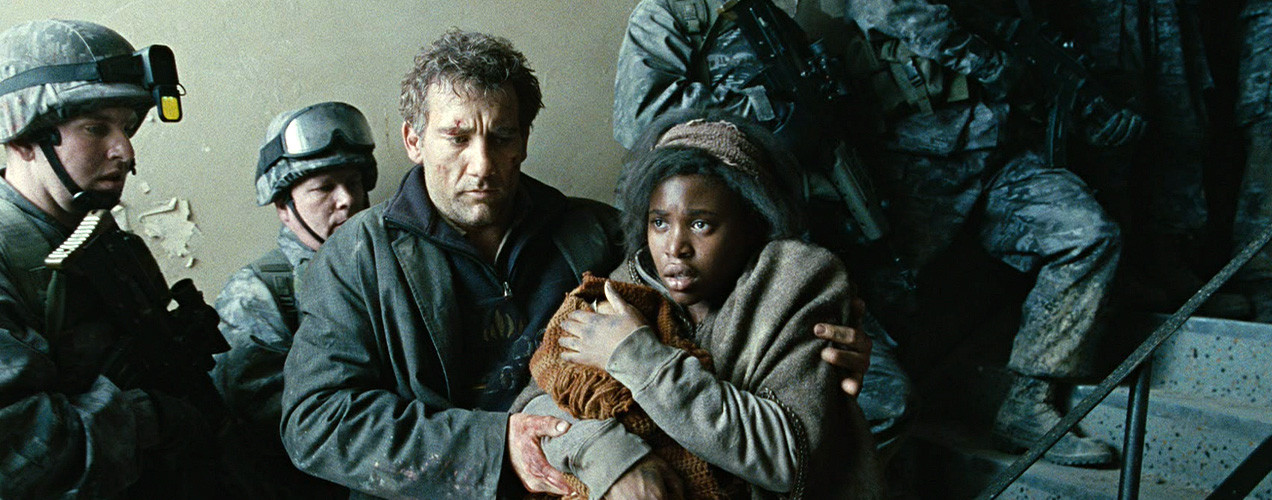
Children of Men
2006 / Alfonso Cuaron > Visually apt, Children of Men has some great sequences that keeps its dystopian world interesting, but the details are amiss. It’s unfortunate that Cuaron seems to have stripped away most of the novel’s intricate storyline, leaving a mostly superficial journey filled with one-sided social commentary and a large empty hole where there could have been substance. It’s especially shocking how weak the dialogue is, often spelling out the obvious to the viewer. Thankfully, Owen is solid, especially considering how little he had to work with.
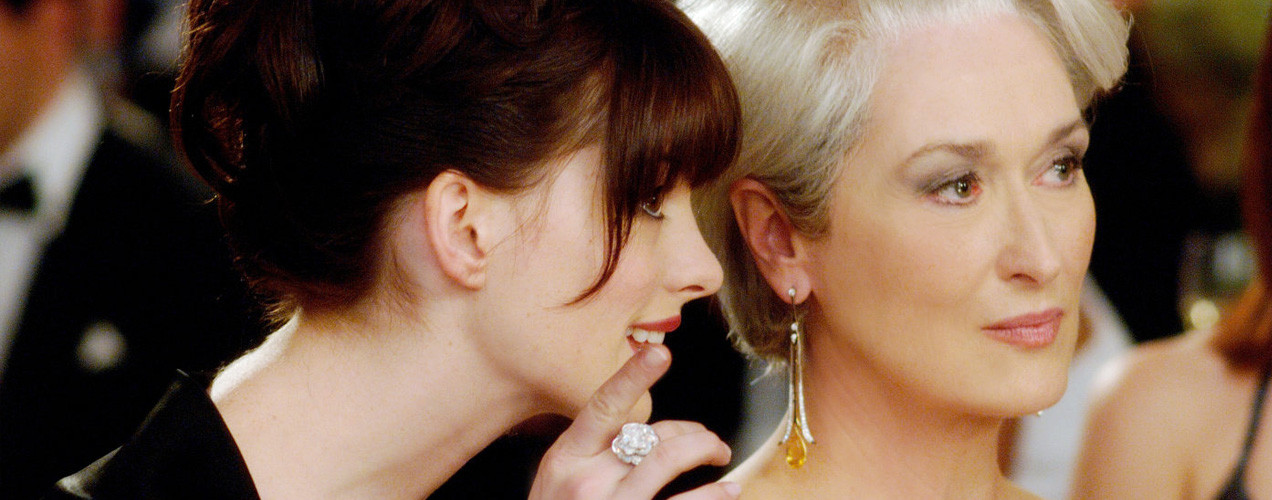
The Devil Wears Prada
2006 / David Frankel > How’s this for a film trying to justify the existence of the fashion industry? And maybe even show that it’s not just glitz and glamour, but full of heart too! Well, whether you believe much of the fashionista propaganda or not, The Devil Wears Prada is still an enjoyable, formulaic ride enhanced by the presence of the one and only Meryl Streep. Sure, Anne Hathaway is nice, but one has to wonder how filmsy the film’s foundation would have been without Streep’s presence. The only real misstep was the decision by the screenwriters to chose an irrational ending that heavily deviated from the film’s general ideals.
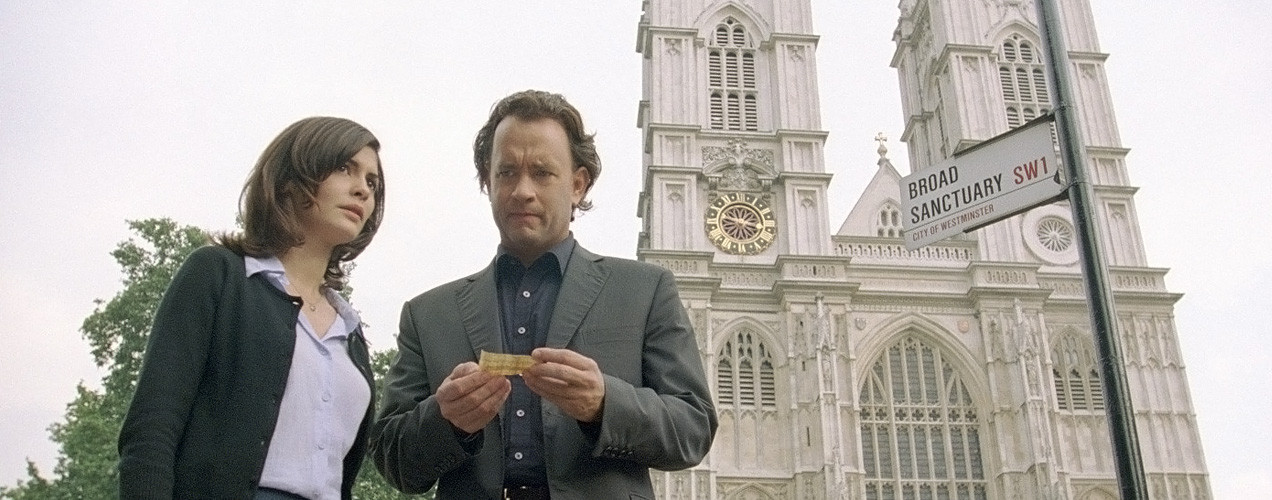
The Da Vinci Code
2006 / Ron Howard > Having never read the book, my expectations for The Da Vinci Code were moderate at best, especially after the barrage of critical dismay during Cannes. For its part, that may have worked out well, as I found the film to be a well-crafted, well-paced mystery that kept me surprisingly interested for a good part of its two and a half hour journey. It’s not particularly dense, and things are explained to a degree where there’s not much thinking involved. In other words: it’s very appropriate for simple enjoyment. The ending took a bit too long (and that’s time that Howard arguably could have used elsewhere), but the production quality is superb enough that it’s hard not to recommend this as a solid popcorn movie. Just don’t expect references for a Ph.D thesis.
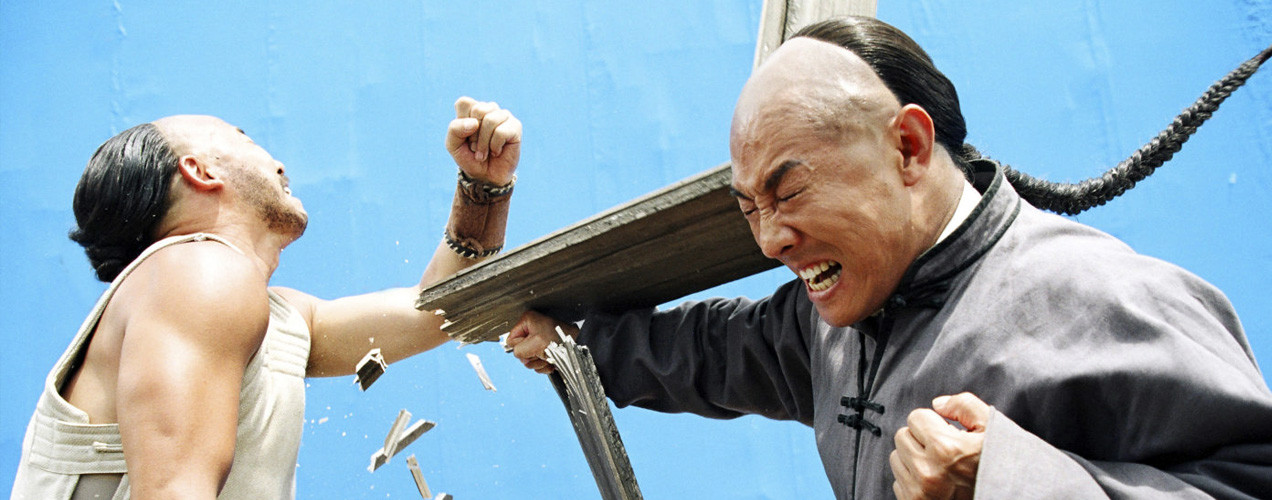
Fearless
2006 / Ronny Yu > In some ways, it’s hard not to like Fearless: Yuen Woo-Ping’s exquisitely crafted fight sequences leave you breathless by the beauty of its brutality. Shigeru Umebayashi’s score, while not memorable, is subtle enough to cradle your patience when the film tries to be a little too philosophical. And Jet Li’s goodbye-to-wushu performance is, at the least, memorable for his return to the days of Fist of Legend in terms of style, intricacy and emotion.
I do, however, find myself disappointed in the film’s erratic character development. Often, characters motivations changed seemingly overnight, as if it’s just that simple. Moreover, its emotional overtones were often heavy-handed, and much of it was fairly trite and by the numbers. One has to wonder, though, if the film’s original 150 minute cut would have been able to achieve what this 105 minute theatrical release did not. If there’s not much else to the story that what’s presented here, there’s a chance that the longer cut would have been a droning failure. For that, it’s possible to give Ronny Yu the benefit of the doubt and consider this as good a martial arts film will get these days.

